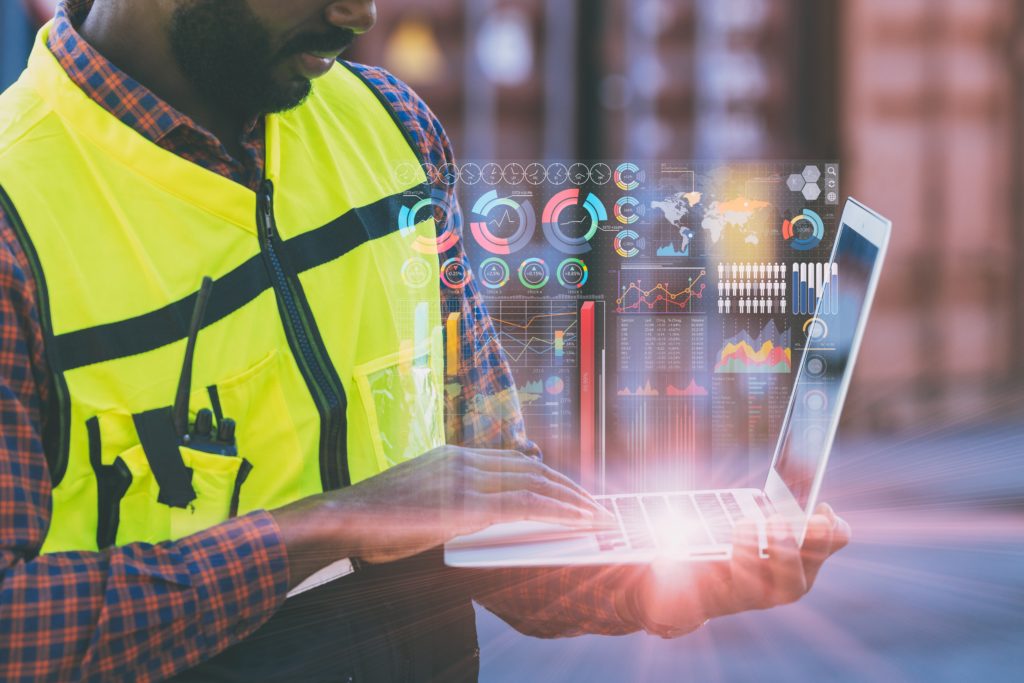Where data can really solve cities’ mobility challenges
MobiDataLab finalises the definition of Use Cases for mobility data sharing.
The MobiDataLab partners have submitted at the end of March the deliverable D2.10, Use Cases definition V2. Led by HERE Technologies, this deliverable is the second version of the use cases definition V1, which extends the originally proposed use cases, based on implementation through the now existing Transport Cloud. Furthermore, a pre-Datathon event provided further ideas for use-cases mainly on spatial analytics and planning.

The presentation of the use cases is structured in 3 main parts:
- Use cases deriving from brainstorming with students of the Technical University of Applied Sciences of Würzburg-Schweinfurt in Germany, during the pre-datathon event in February 2023.
- Use cases discussed with cities of the reference group, focused on inputs from Eindhoven, Leuven, and Milan.
- Extension of the use cases identified by MobiDataLab partners in the first version of the deliverable.
They are described in different ways, based on their implementation phase, and the providing stakeholders.
The use cases developed in the pre-datathon in Würzburg are practically implemented use cases. They show another potential usage of shared mobility data as compared the the deliverable V1. They also provide further triggers / ideas for additional scenarios, and show possibilities on how shared mobility data can easily provide value
Then, use cases from the reference group members are building on top of the version 1 use cases for some, developing further on the generic situations identified in V1 through their inclusion in concrete real life contexts. In addition, other use cases are completely new, coming from recent discussions within the reference group, and highlighting further potential for mobility data shiaring and the MobiDataLab outcomes exploitation.
Finally, use cases coming from the core MobiDataLab partners have been implemented and realized, which allows a more detailed and advanced description of their concept, processes, and technical features.
Data Sharing - What else?
Although there is a continuous improvement on the specification of the use-cases, the story is not finished at this point.
With this deliverable, the base for the Living- and Virtual labs is set, and the described use cases are providing a broad set of challenges for the Datathon, the Hackathon and the Codagon.
Within the Living- and Virtual labs, more insights, ideas and opportunities will be generated. The updates on the use cases definition will then be transitioned into the Open Knowledge Base, where they can continuously evolve and be extended. The community will grow and contribute to new and more refined use cases through always more diverse experiences.
Sharing these experiences supports ramp down the barriers for mobility data sharing. With the transparent publication of the MobiDataLab outcomes – be it theoretical research or real world results, trust and clarity within the stakeholder group(s) regarding mobility data sharing barriers will grow. Consequently, we hope the group of data sharing partners will become wider and wider.